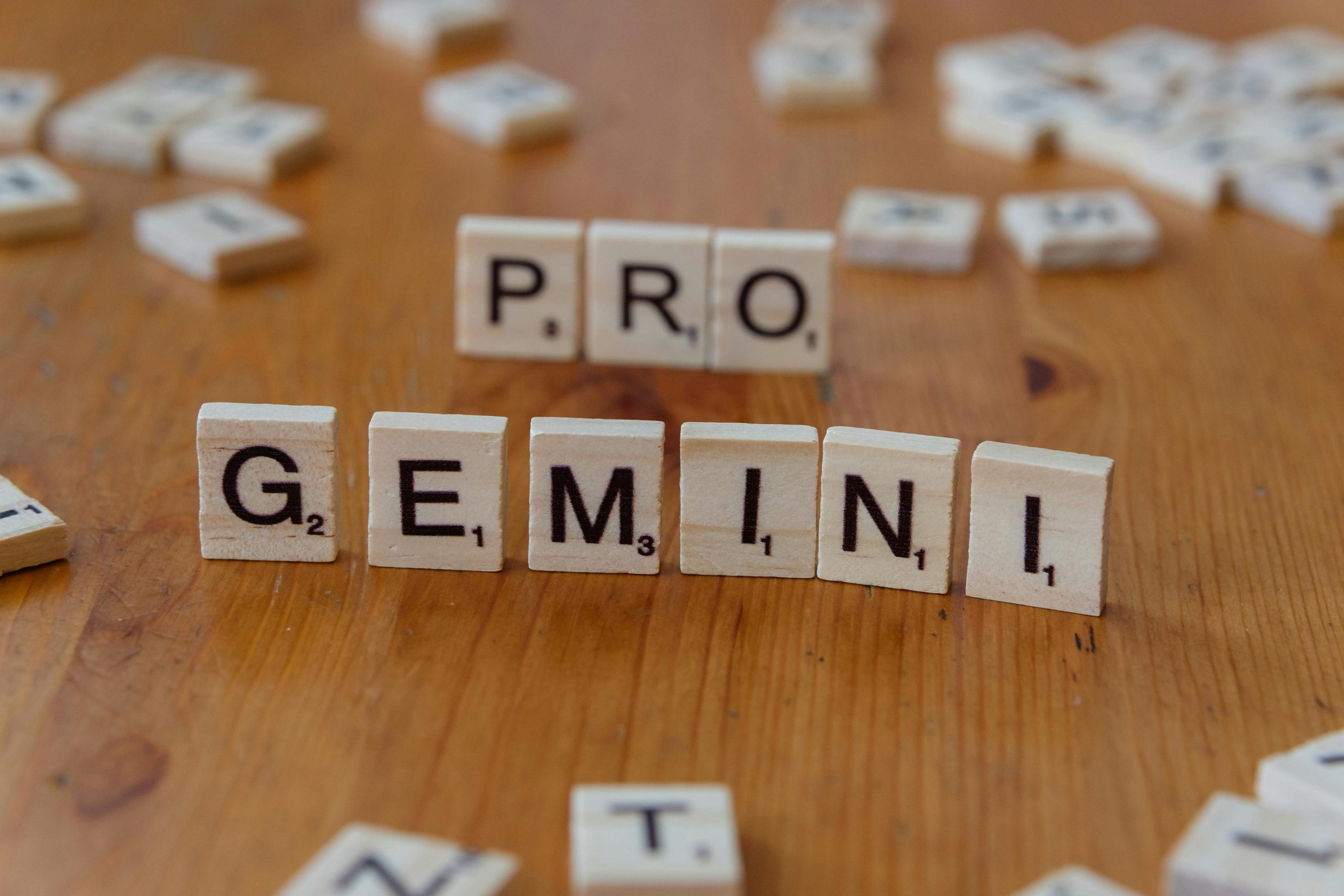Thoughts about AI generated content and it’s future irrelevance
The Future of AI-Generated Content: Navigating Trust and Authenticity
As artificial intelligence continues to evolve at an unprecedented pace, a pressing question emerges: what happens when most of the content we consume is crafted by machines? Can we truly rely on AI-generated materials, or are we headed toward a landscape where authenticity becomes a rare commodity?
A core concern is what might be called the “believability collapse.” In sectors like job recruitment, for instance, the proliferation of AI-generated resumes poses a daunting challenge. Historically, a resume’s strength lay in revealing a candidate’s thought process and communication skills. A poorly written CV could speak volumes, providing insight into the applicant’s capabilities and personality. However, with AI’s ability to produce polished, perfectly tailored documents, such cues disappear. The resume becomes merely a surface-level artifact—more akin to a digital business card than a truthful representation of an individual.
This trend extends beyond resumes to all forms of mediated communication—emails, texts, voicemails, and even video content. Soon, much of this communication may be indistinguishable from artificial content. The need for reliable verification mechanisms becomes urgent. Implementing tags like “created by a human” or leveraging real-time biometric verification could become standard to authenticate the origin of messages. Without such safeguards, it’s likely we’ll default to skepticism, constantly questioning whether our digital interactions are genuine or AI-fabricated.
The implications are profound. If trust in digital communication erodes, the value of these media diminishes. We may find ourselves reverting to entirely face-to-face interactions, bypassing online exchanges altogether. Yet, this raises an existential dilemma: why invest heavily in AI systems if our primary means of communication is no longer reliable?
Ultimately, the rapid surge in AI-generated content risks undermining the bedrock of modern communication. The very mediums—text, audio, video, and images—that propelled societal progress might become unreliable, leading to a form of digital distrust that alters how we interact fundamentally. Some experts warn that this vicious cycle could accelerate a “Dark Forest” scenario—where genuine and artificial content coexist in a landscape marked by suspicion and uncertainty—potentially more severe than initially anticipated.
Navigating this uncertain future will require innovative solutions and a renewed focus on authenticity, trust, and verification in our digital interactions. The questions we face today are not just technological—they strike at the core of our social fabric and the integrity of information in the digital age.














Post Comment